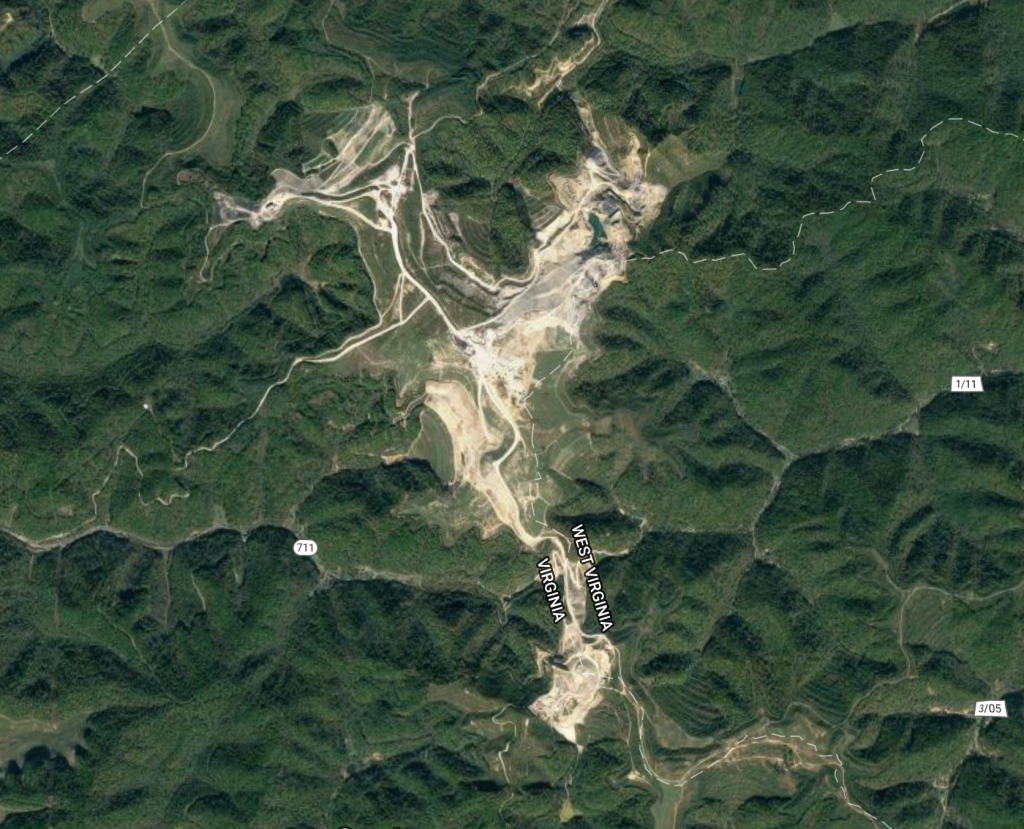Cleaning Up Coal Ash
For well over a century, power plants across the country have burned coal to generate electricity. And for just as long, leftover coal ash has been dumped in open, unlined pits near the power plant, usually located on a river or lake. Every year, U.S. power plants produce 130 million tons of coal ash, which is the second largest waste stream in the country after municipal garbage.
Coal ash concentrates the toxic heavy metals found in coal, including arsenic, mercury, lead and selenium. Stored in unlined, wet impoundments, coal ash has been leaking these toxics into our groundwater and surface waters for years. Sometimes these impoundments collapse — with disastrous results.
Yet government regulations for coal ash management are either non-existent or sparse, and there is little enforcement of the regulations that do exist. In North Carolina, this lack of oversight — and the complicity between state regulators, elected officials and Duke Energy — came to a boiling point in February 2014 when one of Duke’s coal ash impoundments spilled 39 million tons of ash into the Dan River.
Citizens living near North Carolina’s 33 coal ash impoundments — all of which have leaked — have fought for transparency from Duke and the state, and for cleanup of the pollution that threatens their property value, health and family. Their actions forced this issue into the headlines of news networks and to the forefront of environmental justice conversations in the United States.
Appalachian Voices stood with these communities as we worked for years to compel Duke Energy and the N.C. Department of Environmental Quality to excavate coal ash from all the North Carolina sites and dispose of it either in lined, dry landfills, away from waterways, or by recycling it for concrete or other uses, provided it’s done in a manner that protects public health and the environment.
On Jan. 2, 2020, North Carolina announced a historic settlement with one of the state’s most powerful corporations and polluters, Duke Energy. The settlement requires Duke to move nearly 80 million tons of toxic coal ash at six of its power plants to properly lined landfills onsite or recycle it.

Learn information about specific coal ash impoundments in the South, including health threats and safety ratings:
Additional Resources
Fact sheets, videos, links to academic research, and more
Sign Up to Act
Help us protect the health of our communities and waterways.
Latest News
Restoring Land for Native Plants, Bees and Streams
A new nonprofit organization, born out of the bankruptcies of Alpha Natural Resources and Patriot Coal, is hoping to bring native forests back to these lands, and restore streams that can support native aquatic life and insects.
Wildlife Officials Plan to Reduce Black Bear Population in Virginia
Wildlife officials in Virginia approved a controversial plan to reduce the population of black bears in the state.
Communities Push Back Against White Supremacist Groups
In late April, citizens of Pikeville, Ky., and beyond took to the streets in opposition to the white supremacist hate groups that had converged in Eastern Kentucky for the “Take a Stand for White Working Families” rally.
Utilities Face Legal Challenges in Ongoing Coal Ash Cleanup
Duke Energy and Dominion Energy, both energy utilities, face legal challenges as they struggle to cut costs while meeting their requirements to clean up their coal ash ponds. And new regulations in Kentucky worry some.
Water Quality Permits and the Pipelines
On May 24, Virginia’s state environmental regulatory agency conceded that information it had provided about how it would evaluate the potential water quality impact of two natural gas pipelines was inaccurate.
Empower Kentucky Plan Would Create Jobs, Boost Energy Efficiency
A new plan by Kentuckians For The Commonwealth sets a path for the state to reduce its carbon footprint, increase social justice, create jobs and boost the economy.






